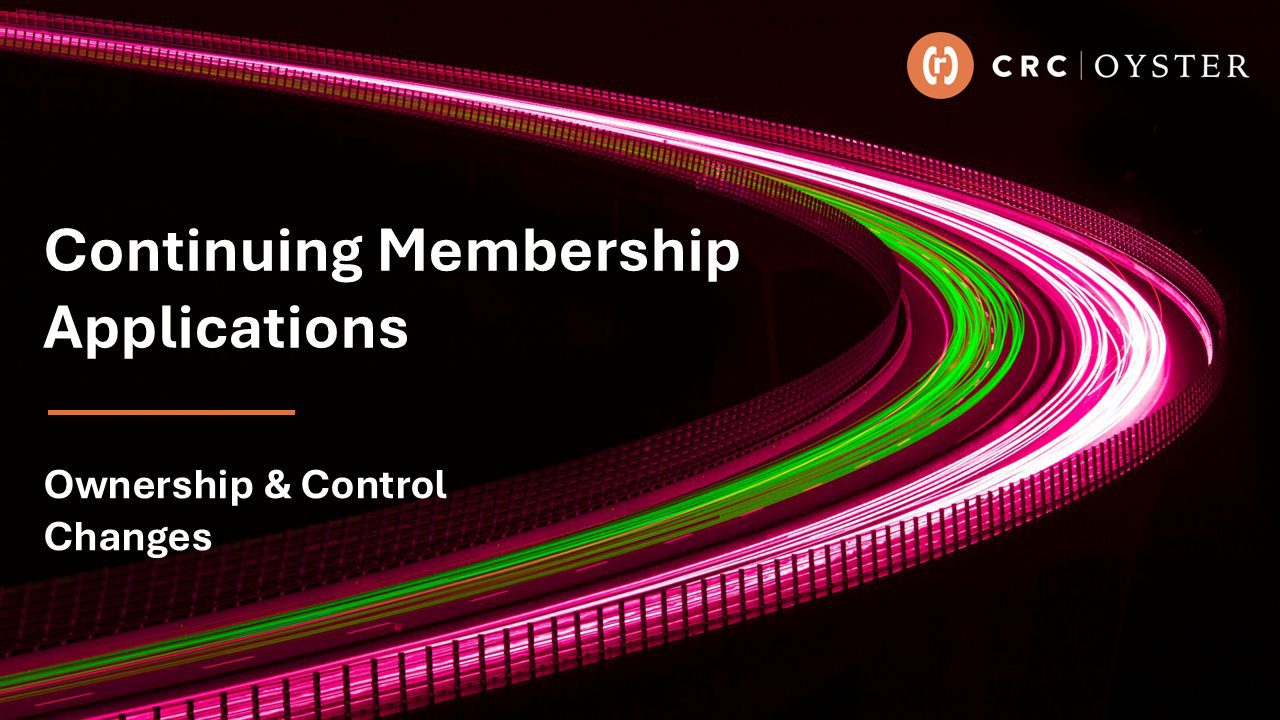
For broker-dealers, regulatory exams are a fact of life. How well you prepare often determines whether your firm emerges with a clean report or faces scrutiny, fines, or even enforcement actions. One of the most critical areas of regulatory focus is financial and operational compliance, making the Financial and Operations Principal (FINOP) a key player in examination readiness.
Whether your firm is subject to routine FINRA exams, targeted sweeps, or follow-ups on past deficiencies, your FINOP’s preparedness and your overall financial compliance infrastructure can either instill regulator confidence or raise red flags.
Why Examiners Focus on the FINOP Role
FINOPs (licensed Series 27 or 28) are responsible for safeguarding the financial integrity of the broker-dealer. They oversee net capital calculations, ensure accurate and timely regulatory filings, manage financial books and records, and support audit and exam processes. Given a FINOP’s critical role, regulators often probe this function closely to assess:
- Whether the firm is compliant with financial responsibility rules
- The FINOP’s level of involvement and access to financial data
- The accuracy of FOCUS reports and related filings
- The strength of internal controls supporting financial operations
- The accuracy and availability of firm Books and Records
Top FINOP Red Flags That Attract Examiner Scrutiny
Regulators look for warning signs that indicate risk or neglect in the financial and operational oversight of the firm. Common FINOP red flags include:
- Inaccurate or Late Filings
- FOCUS filings, net capital computations, and supplemental reports that are filed late or contain errors signal weak oversight. Examiners may ask whether these issues are systemic or isolated.
- Weak Documentation of Net Capital Calculations
- Insufficient backup, undocumented assumptions, or reliance on spreadsheets without validation can raise concerns about how net capital is computed and whether the firm remains in compliance.
- Unclear or Misaligned Books and Records
- Discrepancies between general ledger balances and regulatory filings often lead to deeper inquiries. Regulators expect a clear, documented reconciliation process.
- Limited Involvement by the FINOP
A FINOP who is not actively engaged in financial oversight—or who lacks access to core systems and data—may trigger questions about who is really managing the firm’s finances.
Inadequate Support During the Annual Audit
If a FINOP struggles to provide documentation or respond to auditor or examiner questions, it could reflect deeper operational or staffing issues.
Current Focus Areas for FINRA Examiners
While exam priorities evolve, FINRA continues to focus on the following financial and operational areas:
- Net Capital Compliance
- Expect examiners to review your net capital methodology, required deductions, and ongoing monitoring. They will likely compare your reported net capital to internal calculations and backup.
- Revenue Recognition and Expense Sharing
- Firms with expense-sharing agreements or irregular revenue patterns will see heightened scrutiny. Examiners want to ensure that agreements are documented, fairly allocated, and compliant.
Segregation of Duties and Oversight
For smaller firms, where the FINOP may also wear multiple hats, FINRA will evaluate how conflicts of interest are managed and whether independent reviews are in place.
Vendor and Outsourcing Controls
If your firm outsources financial functions, FINRA will expect to see documented oversight, service-level agreements, and evidence that the FINOP is monitoring vendor performance and compliance.
Risk Assessments and Internal Controls
FINRA wants to see that the firm has conducted financial risk assessments and maintains controls around capital adequacy, liquidity, and financial reporting processes.
Make Your FINOP a Strategic Asset in Exam Preparation
Regulatory exams aren’t just a compliance test—they’re an opportunity to demonstrate the strength of your firm’s financial oversight. A proactive, engaged FINOP who maintains strong documentation, internal controls, and operational awareness sends a clear message to regulators: This firm takes financial compliance seriously.
If your firm’s FINOP function is under-resourced, newly appointed, or struggling to keep up with changing requirements, now is the time to act. Whether through in-house training, operational support, or outsourced expertise, a well-prepared FINOP can be the difference between a smooth exam and a costly one.
The Value of an Experienced Broker-Dealer FINOP
Oyster Consulting has retained some of the best talent in the industry. Oyster can support the day-to-day operations across your firm, allowing you to spend valuable time investing and communicating with clients. Our outsourced FINOPs have significant experience supervising accounting and finance teams, working with independent auditors, performing regulatory computations, and filing regulatory reports. They will share their expertise and provide support to your firm’s senior management. Oyster’s FINOP consultants are licensed, experienced professionals with a bench of industry leaders behind them. When you outsource your FINOP role, you get a team, not just a consultant.



